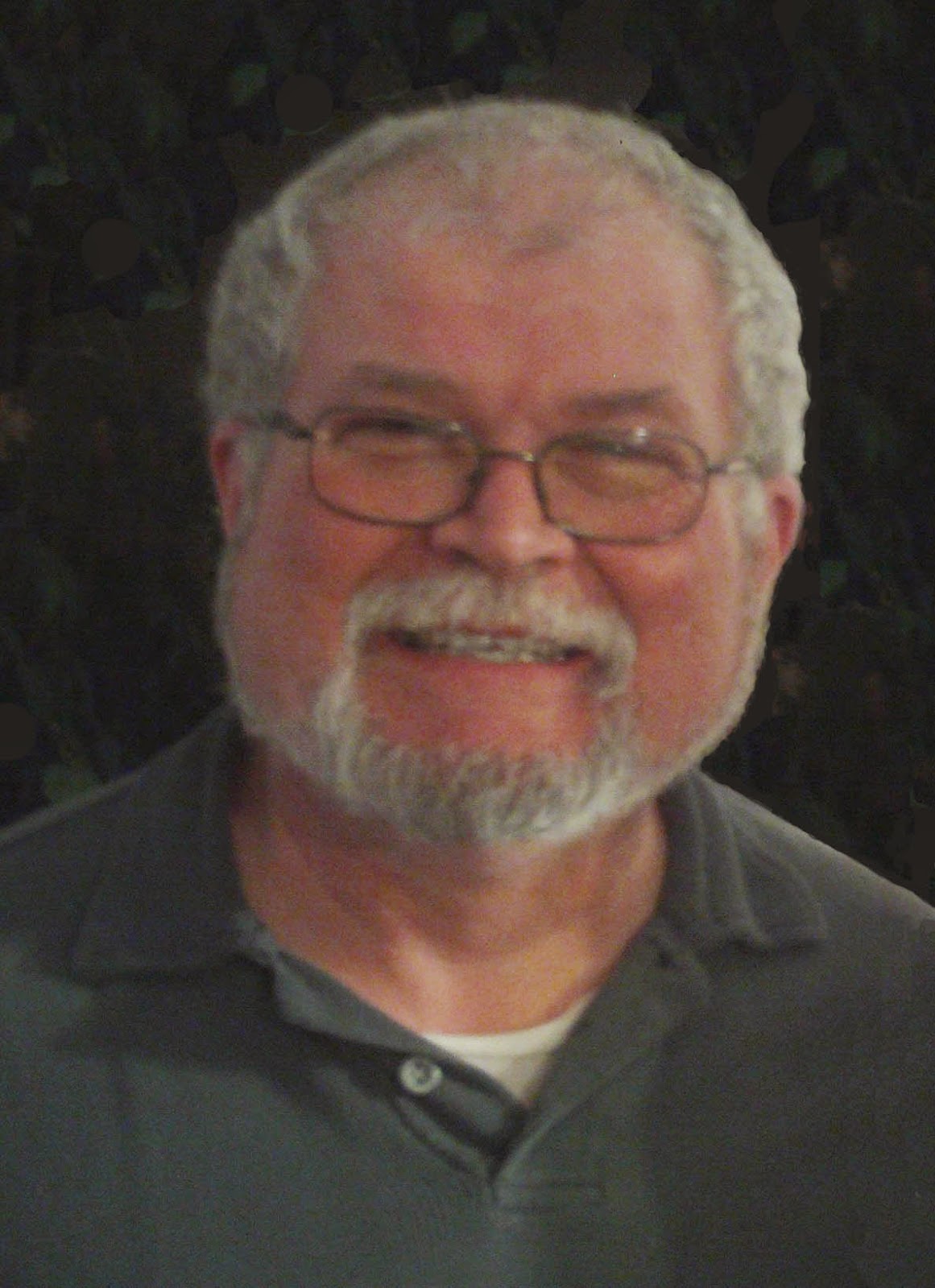It wasn’t an SCBWI-sponsored event. So why were twenty-some members at Michigan State University in mid-January?
We came for Donald Maass, the author of six books on the writing craft. The conference organized by Capital City Writers Association gave us almost seven hours of The Donald and his philosophy of “breakout” fiction.
Maass, a commanding figure in the agenting world (his agency sells over 150 titles a year) is actually a trim, compact man in person. He is soft-spoken and unassuming (one reviewer even called him “elven").
But that appearance is a ruse. Because he is, in truth, a pain-inflicting torturer-demon of the novel and its writer.
 |
"Elvenlord" by Carmen Haberichter, http://commons.wikimedia.org/wiki/File:Elvenlord.jpg#mediaviewer/File:Elvenlord.jpg
|
Maass started his keynote by decrying the state of book industry today. “Publishing is a mess,” he said. He went on for cruel minutes, telling the stunned audience of writers all the disastrous things we knew in our hearts to be true: declining sales, declining readership, publishers culled to a trembling few. Pause, sigh.
“Or maybe,” he said, a malicious grin, “I’m an unreliable narrator.” Ouch.
In the first session, he urged the audience to “write down the thing you are afraid to say,” and then have our MC say it.
Then he asked us to take a “blah scene,” necessary but unexciting. What is the protagonist’s main emotion? What’s the next level of feeling? The one after that? Write the scene from that unexpected and fresh emotional viewpoint.
In Hour Two, Donald asked us to take another transitional scene and describe the setting and its effect on our protagonist, until the character (and reader) is not describing but experiencing it.
He asked us to take a dramatic scene and break it down. Was there a way we could repeat the arc in smaller but impactful ways throughout the manuscript? Do it!
By lunchtime, I was nervously massaging my palpitating manuscript. Sure, Maass wanted me to alter my baby, but these were mostly cosmetic.
But no, a good majority of us had signed up for the four-hour extra workshop. The audience was at its most vulnerable: frazzled, dehydrated, over-caffeinated.
That’s when the real Donald Maass appeared. He might have worn a black hood, clad in leather and brandishing a whip, had he not an aversion to clichés. And the things he made me do to my protagonist, my plot, to what I thought to be the end of my novel. I shudder to recall the humiliation, the failure he had me inflict on my hero. He did this with innocent-sounding questions that probed more invasively with each “What if?”
I pinned my writhing manuscript to the table, ripped out its beating heart and stomped it into a greasy spot on the floor. When I looked up, Donald saw the stricken horror on my face and smirked, “It’s not real.”
So, I sit with 191 pages of middle grade manuscript, 130 of them with scrawled notes on the back. The ending I thought a doozy is now just a diving board into fouler, more troubled water for my unlucky protagonist. And, unfortunate writer, I must find a way to drag my hero through disgrace and failure to ultimate triumph. Somehow.
Donald Maass is like a literary personal trainer from Hell. No wait, what’s even worse than Hell? Can you imagine something more depraved than whatever is two levels worse than Hell? That’s him.
If you ever get a chance to see Donald Maass in person, leap. But beware: your story is not safe.
And that’s great.
Charlie Barshaw is currently stitching together the tattered remains of his middle grade story about a squirrel invasion while fiendishly contemplating major surgery on a YA WIP. He’s also packing for the Big Apple, and co-planning a spring conference with his wife, author/illustrator Ruth McNally Barshaw.
Editor's note: Donald Maass shares his expertise at the Writer Unboxed blog. Read his posts here.
Editor's note: Donald Maass shares his expertise at the Writer Unboxed blog. Read his posts here.








